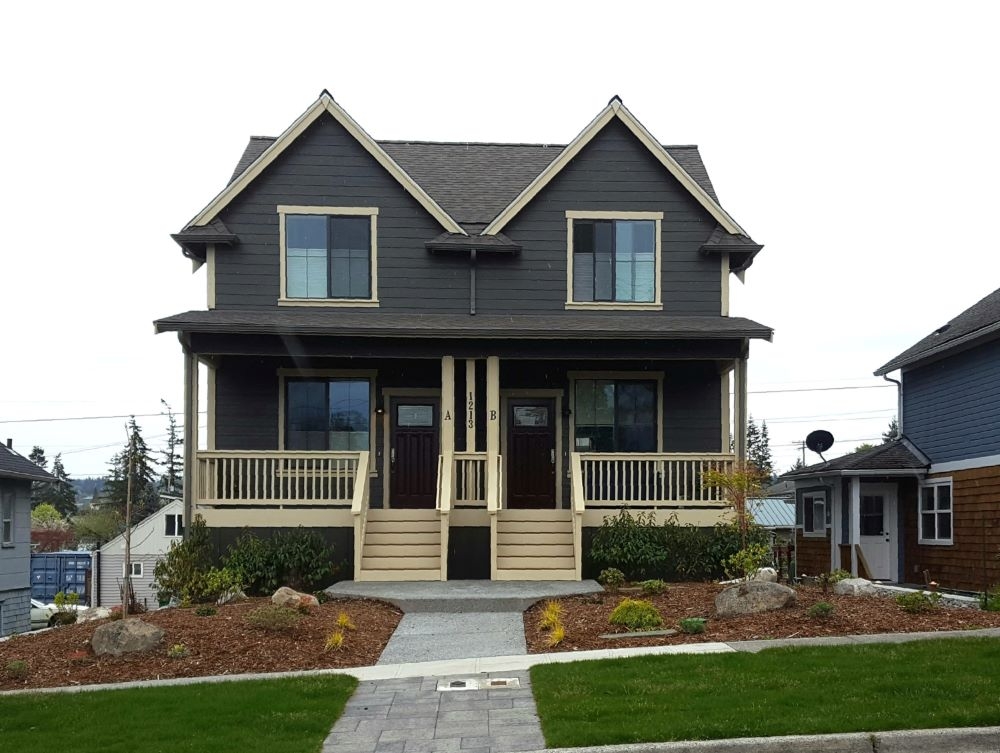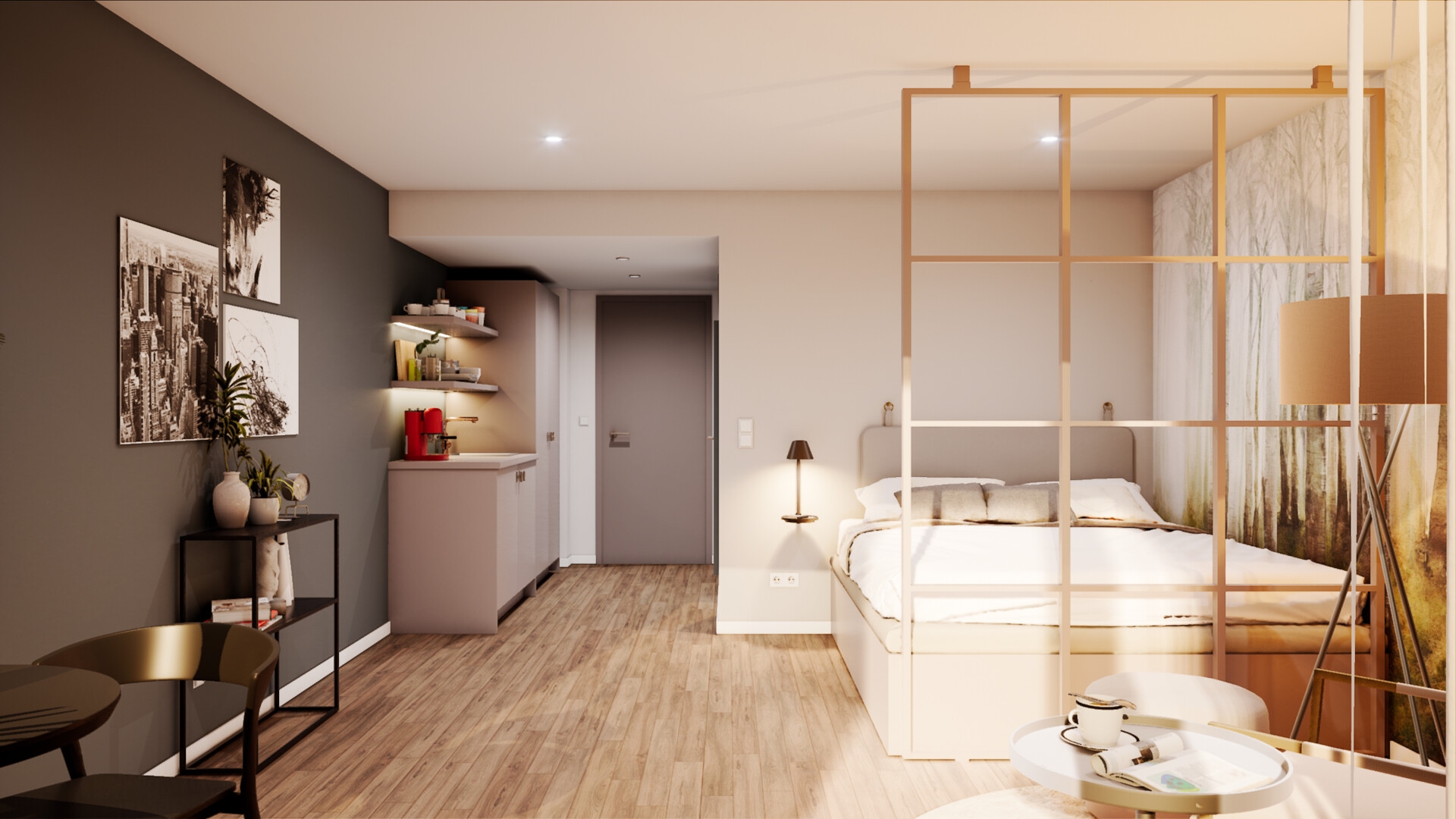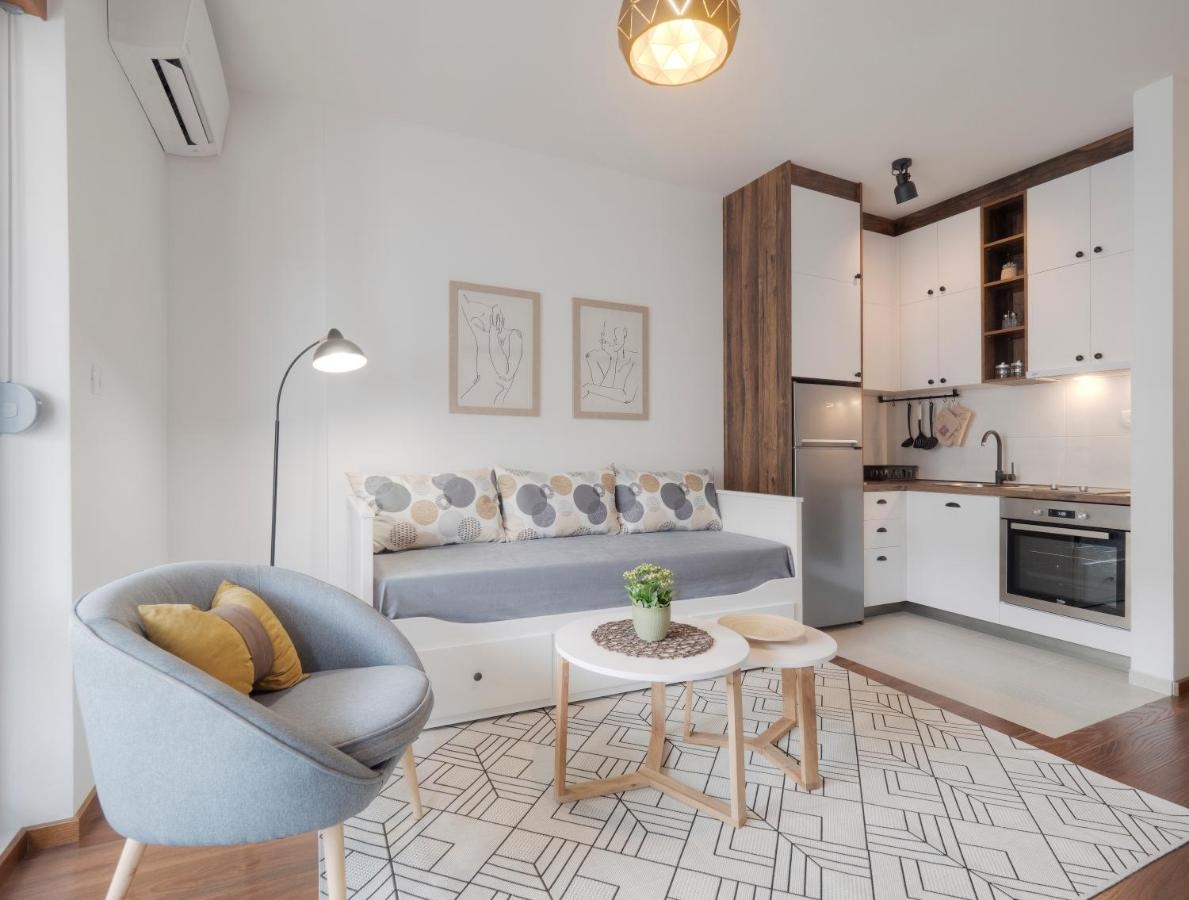
News
Why Real Estate Investors Need to be Carefull to Purchase Cheap Houses in Greece ?
4 Reasons to Avoid Cheap Investment Properties
1. Hidden Issues
One of the biggest reasons to avoid dirt cheap properties is pretty obvious; you’re probably getting a deal because the house has quite a few flaws, and thus, lots of work that will need to be done. When looking at a deal that seems too good to be true, the likelihood of having a lot of hidden problems is very high. These repairs can be a serious undertaking for the buyer, and you need to be prepared to find a home inspector that is thorough and has a good reputation.
The reality is that you’re not only going to need a lot of time and money to renovate the property, you’ll need to be extra cautious to be sure that there are no hidden repairs needed. In addition to repairs, cheaper homes are typically older as well, so the overall age of the home may require more maintenance over time; raising the overall costs and decreasing your return on investment.
Related Article: Bargain Or Bust: Navigating Cheap Real Estate.
2. Location, Location, Location
Another typical issue with cheaper homes is their location. A lower price is usually indicative of declining property values or issues with the home itself. If the neighborhood is strugling with lower property values, this may come back to haunt you when it comes to appreciation and planning your exit strategy down the line. You’ll also want to investigate things like amenities, crime rates, and any other issues that may be present in the area.
In real estate, location is the most important factor to consider when investing. A good rule of thumb for investors is to think like a resident when deciding where to purchase properties. If you think a resident will choose a better property in a nicer area, shouldn’t an investor think the same way? And if the price of the investment property seems too good to be true, it probably is.
3. Value of the Neighborhood
So the property is structurally sound and the location is good. You buy a home, renovate it and make it ready for renters. Your property value will skyrocket, right? Maybe not. The neighborhood itself will ultimately have a big impact on what your property is worth. Even if you know that with all the improvements and amenities your property offers, the area you are in will impact your ability to sell or rent the property. The neighborhood values and condition play a huge role in what your property is worth, and unless there’s healthy revitalization going on in that area, you’ll want to look elsewhere.
4. Renter Transience
With cheaper rents, you’ll get different types of residents living in your property. Typically, if you’re not paying much for something, you don’t feel as obligated to treat the property well either. You may also experience higher vacancies, which will hurt your bottom line with move-out costs, marketing the property, etc.
Real estate investors have to consider what kinds of renters they want to attract with their properties. In an ideal situation, you want good quality residents who will rent from you long-term. Most renters will want to live in safe, clean environments, so buying the cheapest house in a bad neighborhood will probably not get you the best residents or appreciation.
Cheap properties don’t cost much for a reason. Whether it’s the location, the lack of renovations, or the neighborhoods themselves, you’re going to find out why this seemingly good deal isn’t worth it in the long run.
Turnkey real estate is a much better alternative for real estate investors, even if it’s more expensive on the front end. Right from the start you’re already getting primed to earn passive income. With renovations already completed, and the provider being an expert in their field, you know you’re getting a property ideal for generating cash flow.














